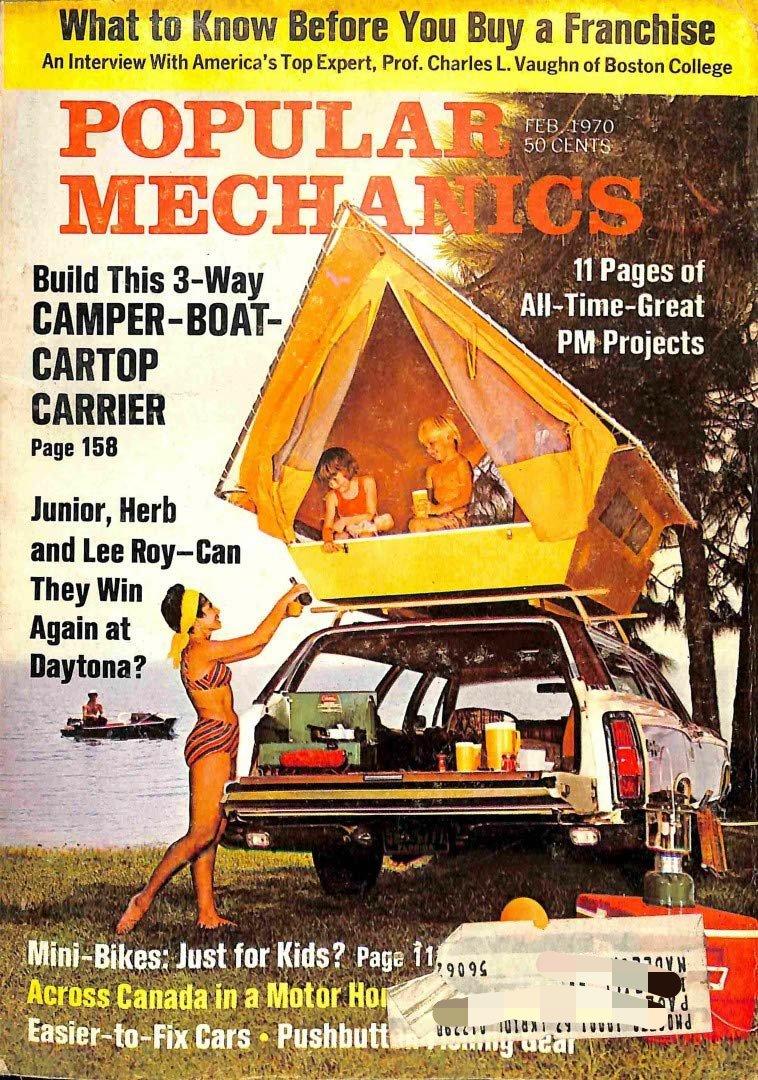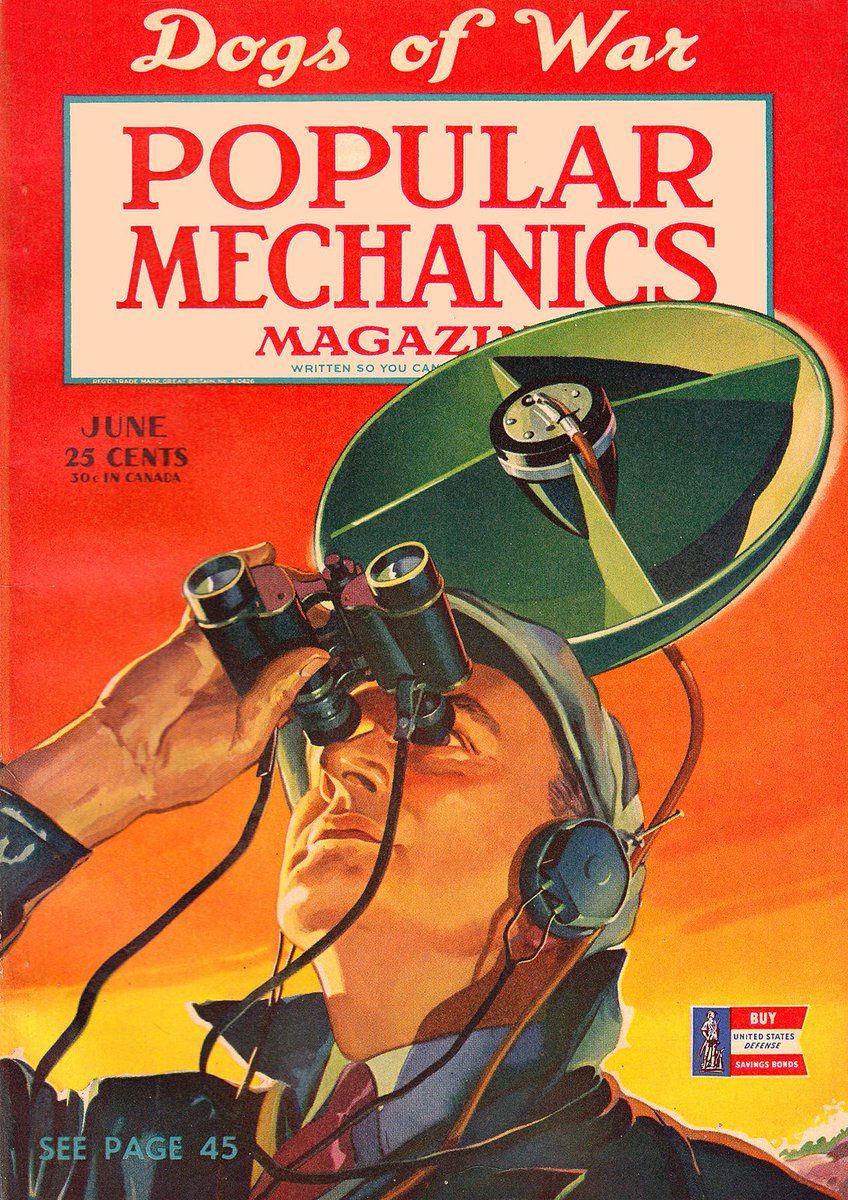
It's #LibrariesWeek this week, so today I'm asking you to something very brave and noble.
I'm asking you to visit your local public library... #MondayMotivaton
I'm asking you to visit your local public library... #MondayMotivaton

The Public Libraries Act of 1850 (And the 1853 Act in Scotland) established the principle of free public libraries for the self-improvement of all citizens in Britain, irrespective of their income.
It was a hard-won battle...
It was a hard-won battle...

Opponents of the Act believed public libraries would become sites of social agitation: extending education to the lower orders of society would lead to libraries becoming working class "lecture halls" full of radical ideas and demands. 

Later Acts built on these noble ideas of 1850, and the Public Libraries and Museums Act 1964 created a statutory duty for local authorities ‘to provide a comprehensive and efficient library service for all persons.' 

But things have been tough for libraries for a while now. Statistics from the 2018 Libraries Taskforce showed a continuing decline in public library use (both in visits and book issues) in England... 

...and then came COVID19.
Look, librarians are tough cookies. We fight on the front line of ideas every day. And we need you guys to back us up!
Look, librarians are tough cookies. We fight on the front line of ideas every day. And we need you guys to back us up!

So that's where YOU come in! Rather than tweet about the need for public libraries I need you to take a brave pill, get on the bus, and go visit yours. 

As it's #LibrariesWeek Your local public library will have made itself especially alluring for lapsed library patrons, as well as making itself COVID secure. They'll do all they can to encourage you to come back to the habit of borrowing books for free.
FOR FREE!!!
FOR FREE!!!

I mean, think about it: these are FREE BOOKS they're offering. You'd queue up in the rain for a half-priced Starbucks cinnamon latte, so why not go somewhere where stories and knowledge are FREE? 

How much do you spend on books? Go on, add it up. Gulp!
Now let me tell you - you can more than double your reading without spending a penny more! You just need to visit your local library. They're online too if that's easier, and they'll probably have kerbside pick-up as well.
Now let me tell you - you can more than double your reading without spending a penny more! You just need to visit your local library. They're online too if that's easier, and they'll probably have kerbside pick-up as well.

Put it this way: in Escape From New York what did Snake Plissken do to save the President, defeat The Duke and his hoodlums and escape across the Queensboro Bridge?
Rob a gun store?
Hack into the internet?
No: he went... TO THE PUBLIC LIBRARY!
This #LibrariesWeek be like Snake.
Rob a gun store?
Hack into the internet?
No: he went... TO THE PUBLIC LIBRARY!
This #LibrariesWeek be like Snake.

• • •
Missing some Tweet in this thread? You can try to
force a refresh























